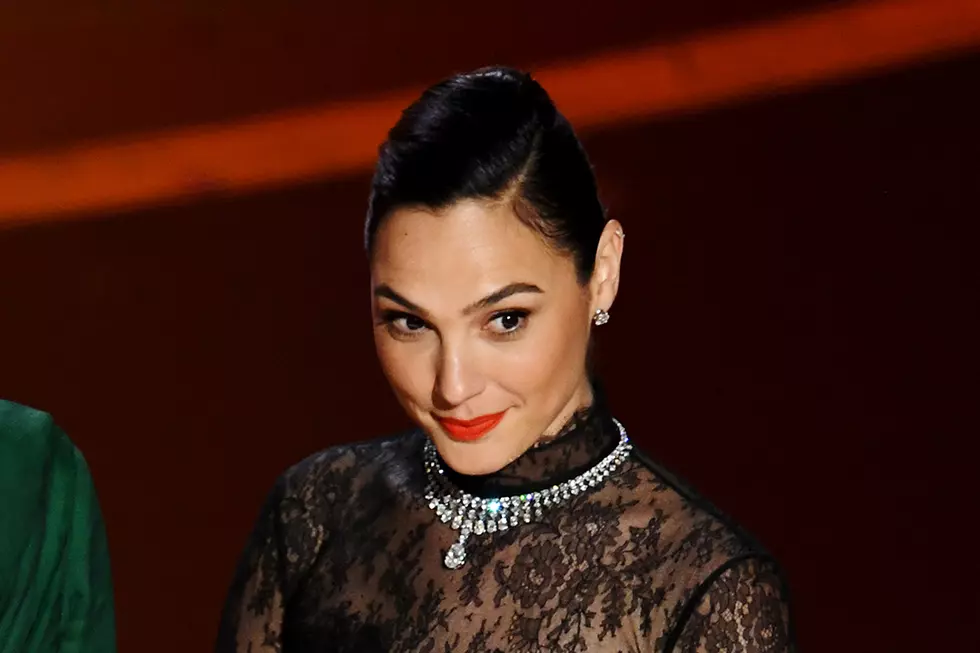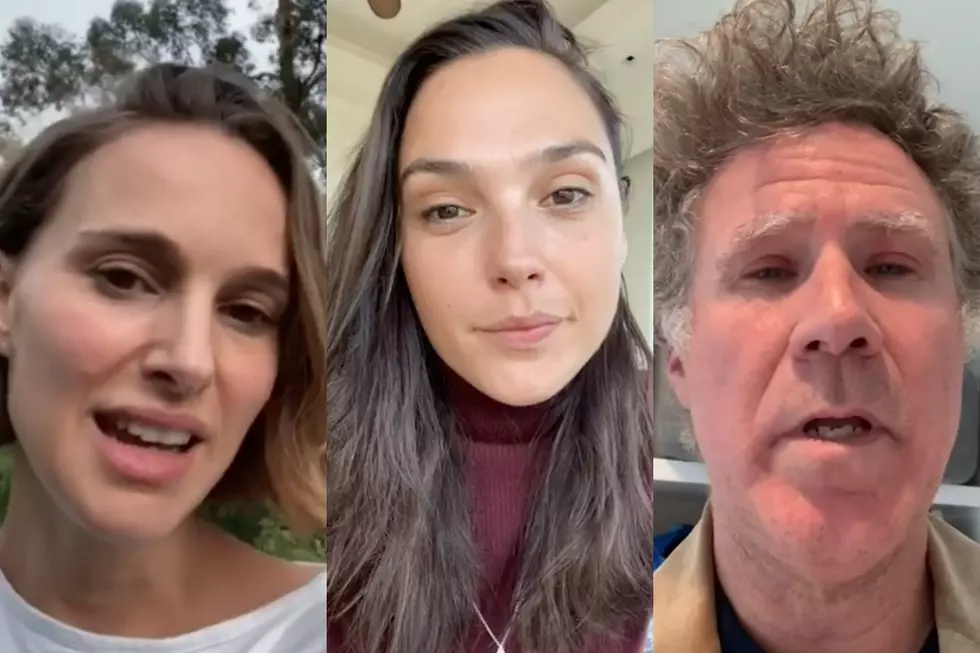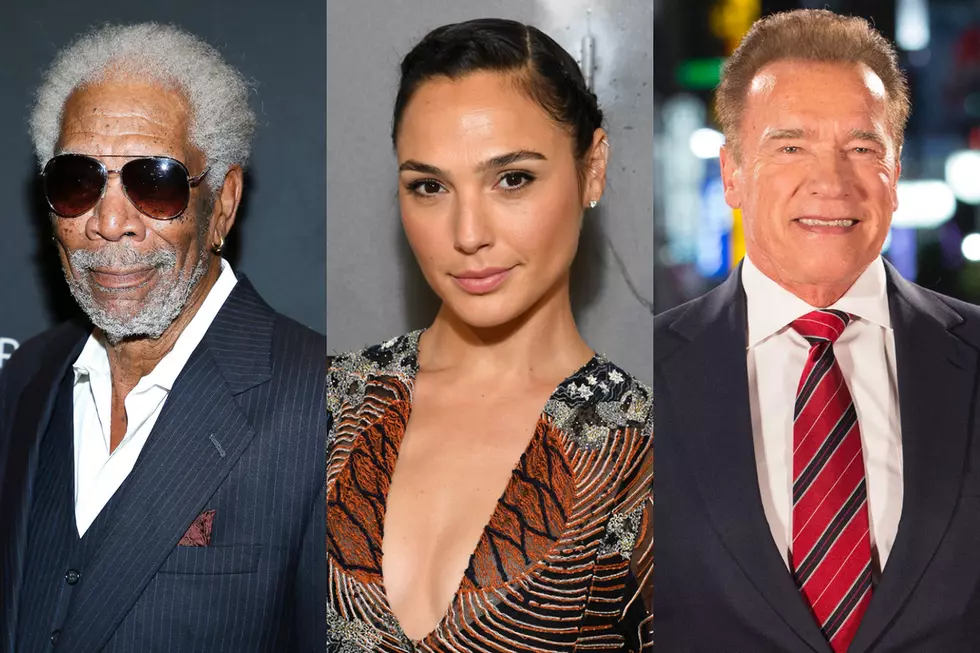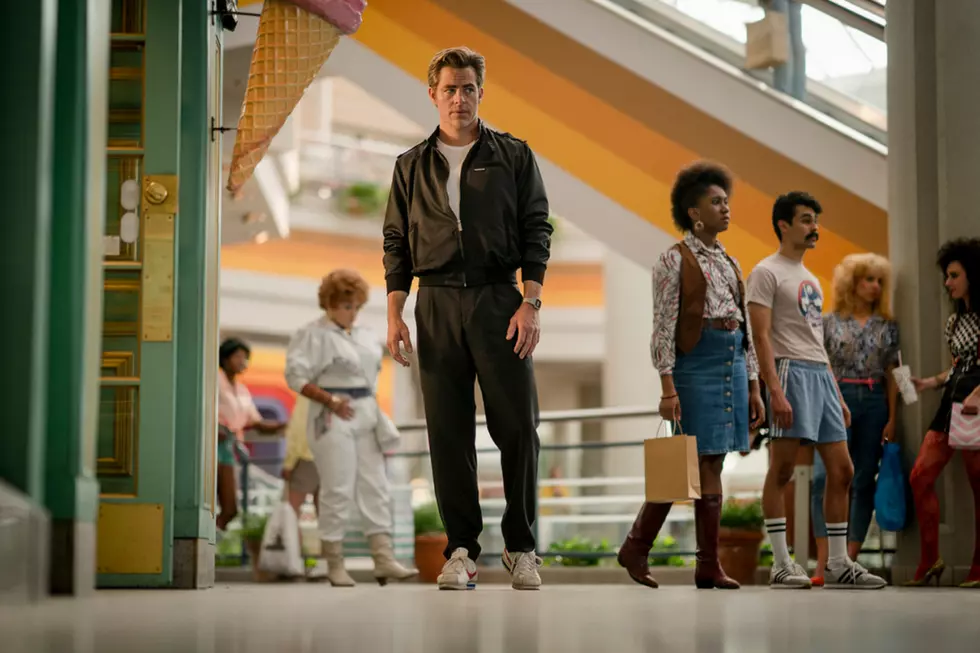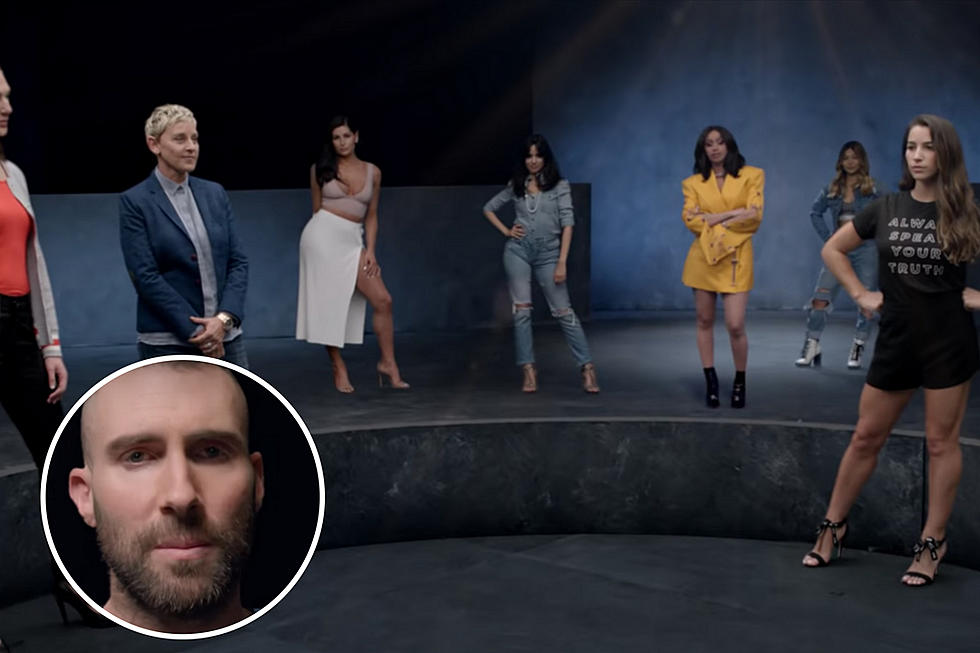
‘Wonder Woman’ Flips the Script on Superhero Movie Stereotypes: Review
Seventy-six years since her inception by William Moulton Marston in 1941, Diana Prince—a.k.a. Wonder Woman—has never starred in her own live-action film. On June 2, however, the legendary DC superhero will headline her first movie. I got to see it a few days early, and it was exactly what the Amazonian heroine deserves.
As someone who has not been able to sit through any of DC’s previous extended universe (DCEU) films in entirety—I didn’t even try to watch Superman V. Batman—my excitement upon entering the theater where I was seeing an advance screening of Wonder Woman was peppered with trepidation. But the minute the film began, it was clear that this would be something much different than prior DCEU movies which, aside from Suicide Squad, seemed to simply rehash stories that were already well-known to the audience. (The aforementioned supervillain flick suffered from the opposite problem, and I still don’t know why we were supposed to care about those characters.)
***Spoilers below...***
Wonder Woman is an origin story for one of pop culture’s most iconic heroes, and Gal Gadot, the Israeli actress who plays Diana, makes the story feel very fresh and entirely believable. This is no small feat, considering she portrays someone created by Zeus, carved from clay by the Queen of the Amazons and raised as the sole child on Themyscira, the Amazonians’ isolated, paradise-like home where they train and prepare to fight in the final battle.
Gadot toes the line perfectly here, embodying a realistic yet otherworldly, wide-eyed superheroine. Her Diana is all at once intelligent and naive, strong and tender. Action movies typically tout the biggest explosions, and while Wonder Woman doesn’t shy away from exciting special effects, the film’s narrative core explores how the righteous Diana discovers humanity needs her to be their champion.
One of the most satisfying aspects of Wonder Woman is its pacing. An ample amount of time is spent on Diana’s youth, showing how she’s treated as the sole princess of Themyscira and how she begins training to be the best warrior. An equally appropriate amount of time is spent on her heading out into the world to learn about humanity and its darker side, which eventually leads to her decision to take up the Wonder Woman mantle. (I don’t believe her superhero name is ever actually used in the film, which I love because it emphasizes that Diana Prince is, simply, a wonderous woman, regardless of what she’s called.)
It’s easy to believe the story of Wonder Woman and Diana’s development because there is time allowed for it. Each fight sequence, and there are plenty, is annexed to a plot point which advances Diana’s growth. Each one-liner about her being stronger or different than man adds to the impact of her relationship with the men in the film, both those who respect her and those who underestimate her. Time is allowed to explore the relationships between herself and others, particularly Chris Pine’s World War I spy Steve Trevor, who the openhearted Diana is both in awe of and attracted to as the first man she’s ever encountered, while she’s simultaneously eager to scoff at the societal, patriarchal norms he represents.
As for the plot, Wonder Woman is a pretty standard origin story, beginning with a narration by modern day Diana in Paris reflecting on how she became who she is, starting with her childhood and warrior training. The set up is slow at first, but the moment Steve crash-lands on the island and the two meet, things get a bit messy—mostly because men with guns invade her Amazonian paradise shortly after. Diana and Steve then go off to fight in WWI: Together, they go up against a power-hungry German general, who Diana thinks is the Greek god Ares poisoning humanity with his warmongering, and Doctor Poison, a chemist who acts as a foil to Diana.
There are battles, there are dances, and there are reverse damsel-in-distress situations. Throughout everything, Steve and Diana are a team… except when they’re not, and then drama ensues. But even when they don’t see eye to eye, they each bring something to the table.
Romance builds swiftly, yet doesn’t feel too forced; Steve is captivated by his literal demigoddess, while Diana is won over by his all too obvious moral superiority to other men. There’s a cute moment where they discuss Steve’s physique where he admits that most people would find it above average, while Diana stares enraptured by a naked male body for the first time. It’s the stereotypical male gaze turned on its head, and honestly, that’s what the entire film feels like: an action film where the gender roles are more or less reversed.
More so than the male protagonist taking a step back from center stage, enabling a female character to kick ass, the role reversal comes from Diana and Steve’s respective character attributes: Steve is a hero in his own right, but he takes a backseat to Diana physically, providing emotional support and using his brains far more than his brawn. He’s also a spy—his intelligence is his strength. In contrast, Diana is the physical one, the one kicking literal ass. And when he tries to stop her, Diana firmly retains her agency.
“I can't let you do this,” he tells her at one point, to which Diana coolly responds, “What I do is not up to you.”
He learns quickly that she is superior to him, and it’s excellent.
Gadot brings Diana to life, but Wonder Woman rests on director Patty Jenkins’ laurels. As the first ever woman director of a major studio superhero film, Jenkins doesn’t just imagine a strong female character according to Hollywood’s typical standards, she depicts an empowered woman backed by a supportive team who knows better than to stand in her way..
Unlike most superheroes, spurred by loyalty to country or hope for peace, Diana saves the day through the power of—wait for it...—love. And it works. Each decision Diana makes in Wonder Woman is because she is compelled to by her feelings and sense of righteousness, and nothing else. She doesn’t concern herself with power, or wealth, or nation. She does what she wants because she believes that it is right, and when she realizes that maybe what she thought was right is wrong, she is distraught.
It may seem like a typical trope: a woman controlled by emotions. But rather than presenting it as a negative characteristic, Wonder Woman revels in it. Diana doesn’t need to be stoic and removed like her in-universe male counterparts (i.e. Bruce Wayne) to do what she needs to do. Instead, Gadot’s emotive acting and Jenkins’ inspired directing turns the film into an ode to the strength of women by shirking off the superhero genre’s idea that only manly men who ignore how they feel can save the day.
It’s no small achievement to finally get some female representation in the superhero genre. (After all, it’s been over a decade since the last female-fronted live-action comic movie, 2005’s Elektra.) Wonder Woman does it fabulously, with the most gloriously empowered heroine to ever grace the DCEU… and maybe even Hollywood.
So now I’ll say something I never thought I’d utter about a DCEU film: When is the sequel coming out?
Wonder Woman is released June 2.
Pop Stars and the Superheroes They Remind Us Of:
More From PopCrush

